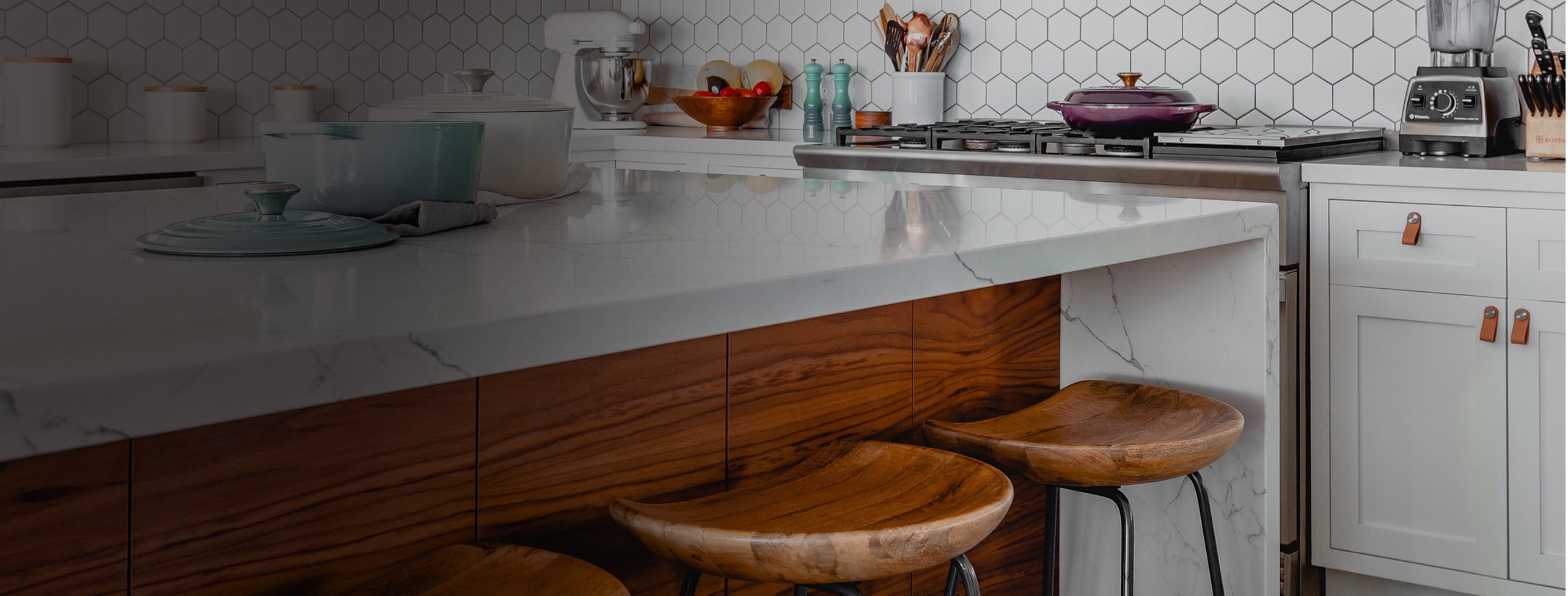

Your home down payment
The down payment for your home is the portion of its purchase price you pay up front. Then you’ll pay the rest—plus interest—in monthly installments.
Getting together enough to put down may seem tough. But there are ways to get it done. And with some homebuying programs and different loan types, it might be easier than you think.
Additional Resources

Get Pre-Approved Now
Pre-Approval is the next step. It just takes a few minutes and you’ll have a good idea of how much down payment you should budget for.

Down Payments Explained
Take an even deeper dive into the topic of down payments on our blog. There you will find a ton of useful information and insight.





